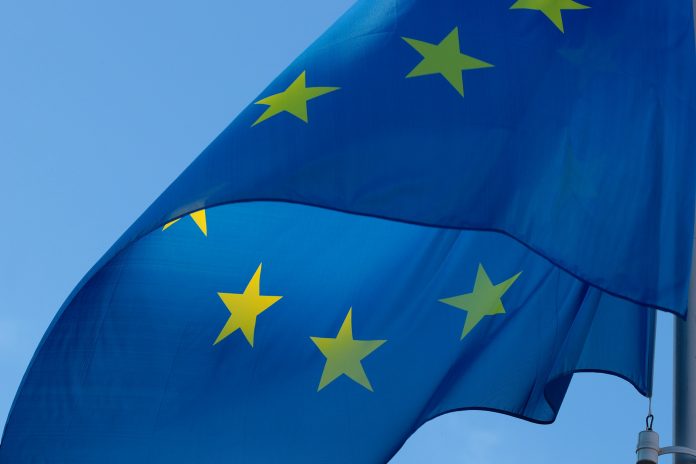Dr Eirini Theofanidou, Proposal Development Executive (EU & International), shares insights from our recent event about the European Research Council (ERC) Consolidator Grant and highlights how you can design a competitive proposal.
The ERC Consolidator Grant overview and proposal development event was held on 2 December 2019. We provided an overview of the scheme, explored the application process and discussed how to interpret evaluation criteria and how best to design a competitive proposal.
What is an ERC grant?
ERC is a unique and very competitive and prestigious award that encourages the highest quality research in Europe; it supports individual Principal Investigators and their research teams to address a scientific challenge in any research field (with a bottom up approach). The Consolidator Grant applies to PIs at the career stage at which they may still be consolidating their own independent research team or programme. The grant will fund PIs of any nationality and age with up to €2m in funding over five years. They should be within 7-12 years post PhD award and based in an EU or associated country (or willing to move to one).
How are projects selected?
Projects are selected purely on the basis of scientific excellence and research impact and are not judged on socioeconomic impact or alignment to policy priorities. The proposed research must be High Risk- High Gain, must be “frontier research”, ambitious in scope and should not be incremental advances. The evaluation criteria will be applied in conjunction to: the ground-breaking nature, ambition and feasibility of the research project; and the intellectual capacity, creativity and commitment of the Principal Investigator.
How should I prepare a competitive proposal?
The second part of the event took a more in-depth look at the application, the proposal templates, explain how the ERC gatekeepers can be addressed and what steps PIs can take to prepare a competitive proposal considering the evaluation criteria. The structure of the proposal and the key elements to be addressed were explained in detail.
The first important action is to choose the right panel and appropriate keywords in order to achieve the best match with the selected evaluators’ background. The PI should demonstrate research independence and evidence of maturity such as, significant publications (as main author) in major international peer-reviewed, multidisciplinary scientific journals or in leading international peer-reviewed journals in their field monographs, invited presentations, granted patents, awards, prizes, etc.
During the development of the proposal, PIs should describe the current State of the Art and describe the gap they have identified and how they plan to address this challenge; they need to demonstrate the ground-breaking nature of what their propose, the ambition, novelty and feasibility of plan. Budget can be up to 2 million euros covering Personnel, Equipment, Consumables, Travel and Subsistence & Publication Costs.
The PI has to commit at least 40% of their time to the project and declare this in the online forms. There is a requirement to describe Resources online, to justify the size of the team, the time each member will commit etc. Additionally in case the research involves animals, humans, children then an ethics self-assessment document is mandatory.
For the final part of the event we were delighted to host a current ERC Consolidator Grant holder, Dr Marc Vendrell Escobar (Centre for Inflammation Research) who described his experience throughout the application process.
Call timeframe
If you plan to apply for a ERC Consolidator Grant please contact your Research Funding Specialist.
- Call identifier: ERC-2020-CoG
- Work programme published: July 2019
- Call opens: 26 November 2019
- Call deadline: 4 February 2020 (4pm UK time)*
*You must submit your application by the 31st January 2020
Further support and information
The EU & International Portfolio of the Research Funding Team provides the following service to all University of Edinburgh PIs:
- Annotated templates
- Collection of feedback comments from previous applications
- Help with EU Participant Portal
- Proposal writing assistance
- Guidance on proposal appropriateness and scope
- General EU funding advice, policy relevance
- Grant preparation
Contact us – europe@ed.ac.uk
Resources
View the slides from the event. (University of Edinburgh staff only)



